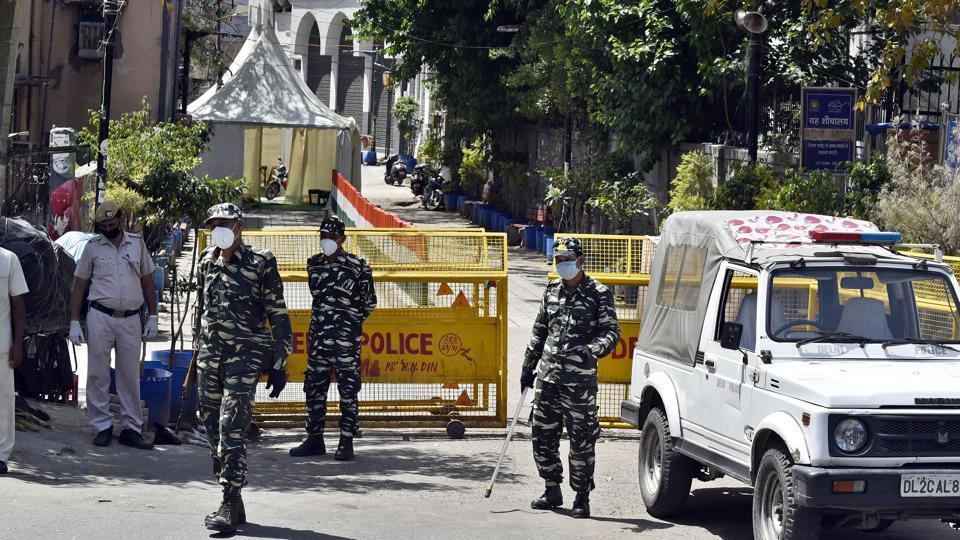prasad1
Active member
Article 14 of the Indian Constitution promises equality under the law and that everyone must be dealt with equally. Our Constitution provides protection to religions, classes and categories in education, reservation, the criminal law is agnostic in the matter of determining guilt. If you break the law, the penal code and other statutes treat all persons equally, though sentences awarded may vary.
The recent controversy in Delhi regarding the Tablighi Jamaat continuing to house thousands of people in its premises or a few hundred found at Gurdwara Majnu ka Tila, despite the impending threat of Covid-19 and the closedown of religious institutions, are issues of public safety, health and consequential criminal sanctions.
What this tragedy exposes is the Indian state’s unstated inability to act with speed and effectively against religious communities and institutions, even where there is a blatant breach of law. A thought process, which instead of enforcing the law, effectively looks at the collateral issues and possible repercussions of action against those who profess or propagate religion is the weak spot of the Indian state in its application of law.

 www.hindustantimes.com
www.hindustantimes.com
The recent controversy in Delhi regarding the Tablighi Jamaat continuing to house thousands of people in its premises or a few hundred found at Gurdwara Majnu ka Tila, despite the impending threat of Covid-19 and the closedown of religious institutions, are issues of public safety, health and consequential criminal sanctions.
What this tragedy exposes is the Indian state’s unstated inability to act with speed and effectively against religious communities and institutions, even where there is a blatant breach of law. A thought process, which instead of enforcing the law, effectively looks at the collateral issues and possible repercussions of action against those who profess or propagate religion is the weak spot of the Indian state in its application of law.

2 lockdown violations that reveal the weak spot of Indian State | Opinion
The law should be applied equally. And those who view the health issue on communal lines are obstructing the national cause
